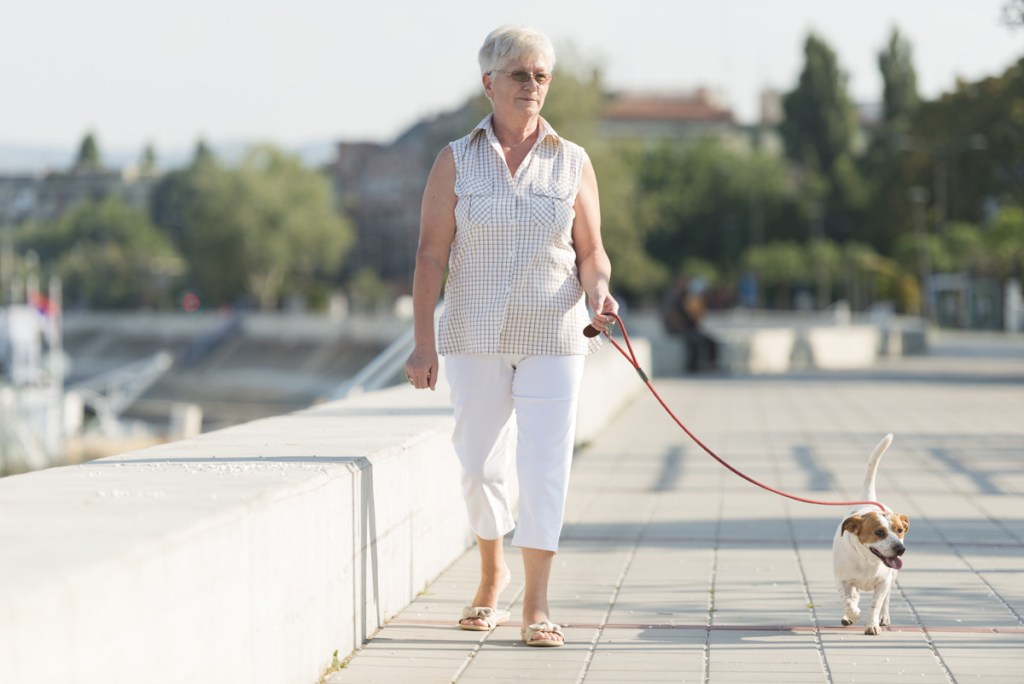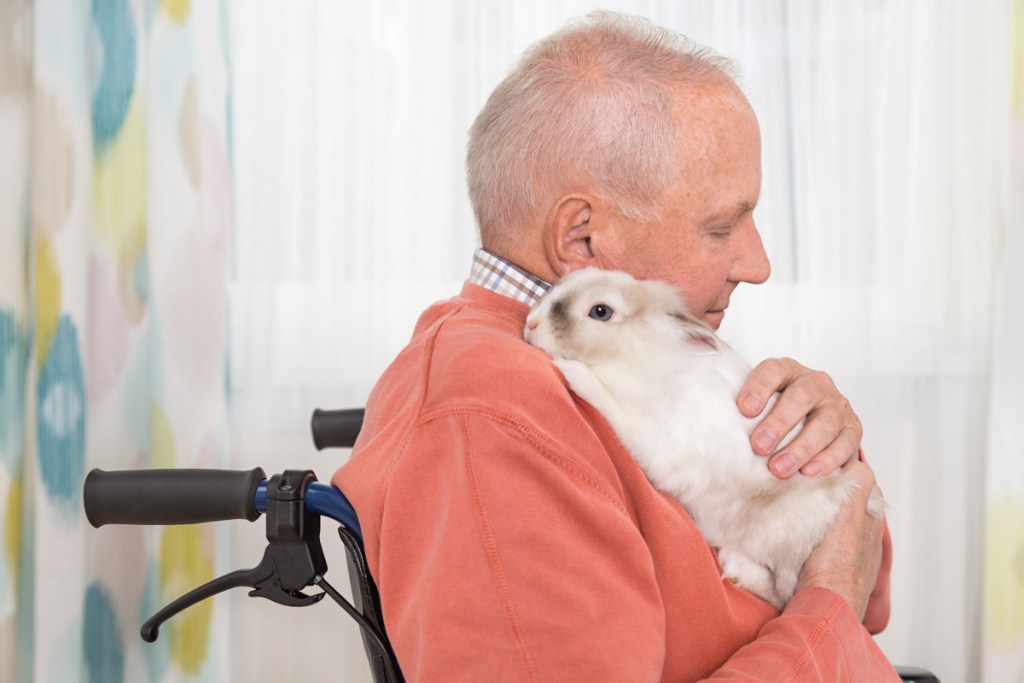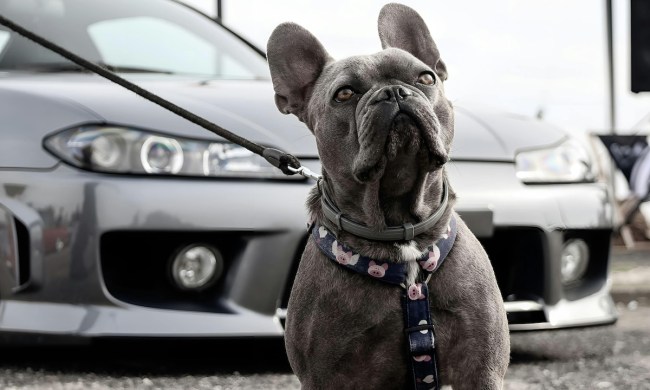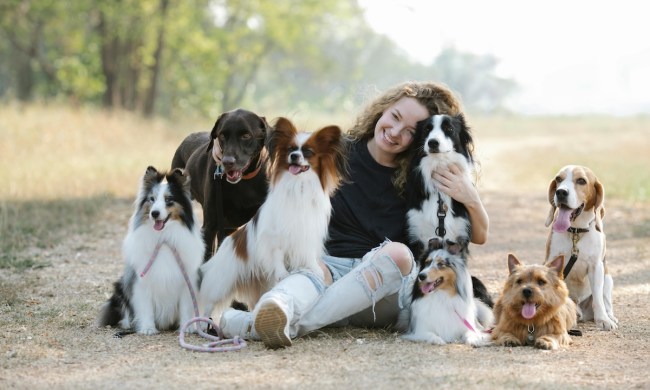Lynn, a retired widow, shares her home with two rescue dogs and a rescue cat. In a research study published in the International Journal of Community Wellbeing, the senior said that her pets are her life. “I love every minute I spend with them,” she told researchers. While there’s no doubt that pets play a huge role in the lives of their owners, studies reveal that animal companions provide enormous health benefits for older adults.
Why should seniors have pets?
For seniors like Lynn who have lost spouses or for elderly people who live alone, pets play a major role in overcoming loneliness. Additionally, dogs provide seniors with a sense of security and safety. Other benefits for older adults living with pets include:
- Caring for pets provides a sense of purpose.
- Spending time with pets helps seniors find peace in the moment instead of dwelling on the past or worrying about the future.
- According to the Centers for Disease Control and Prevention, owning a pet can decrease blood pressure, cholesterol levels, stress, and anxiety.
- Daily walks with dogs increase a senior’s mobility.
- Dogs provide an opportunity for social interaction during walks around the community.

What animals do the elderly like?
Every senior is different when it comes to what is desired in an animal companion. Retirees who like to travel prefer smaller dogs to accompany them on trips. Some older adults look for calm walking buddies while others want a furry friend to curl up on their laps. Many seniors prefer to steer clear of younger pets like puppies and kittens that require more time and attention. Additionally, energetic puppies and kittens pose a health risk to seniors with mobility issues. Older animals are typically the pet of choice for retirees because they adjust easily to a quieter lifestyle. For seniors with allergies birds and fish are often the pets of choice.
What is the best pet for an elderly person?
Before bringing home an animal companion, a senior’s health needs, mobility, financial concerns, and personality need to be considered, say experts at A Place for Mom. A support system is also important with a family member or friend committing to help care for the pet or take over complete responsibility if the need arises.
Dogs
Smaller senior dogs make perfect companions for older adults. They are calm and the majority are housebroken, trained to walk quietly on a leash, and have basic obedience training. Older dogs enjoy going for walks and are equally happy to curl up on the couch with their owner to watch TV or read a book.
Cats
Older cats are a great option for seniors, especially those who spend a lot of time at home. Cats are happy to stay indoors and enjoy spending long hours curled up in a warm lap. According to American Humane, most adult cats require only 20 to 30 minutes of playtime per day. A fishing pole or laser beam toy can be used to entertain a kitty, and that can be done from the comfort of a chair for seniors with reduced mobility.
Parakeets
Birds, especially parakeets, are great pets for seniors. They require minimal clean-up and maintenance while providing wonderful companionship. They are a great option in retirement communities where dogs or cats aren’t allowed. While parakeets are vocal they don’t screech or scream like larger species of parrots. They are intelligent, affectionate birds who enjoy human interaction.
Rabbits
According to experts at Aviva In-Home Care, rabbits provide many benefits to older adults. They are small and quiet, making them a great choice in a retirement community. Rabbits are sociable and like to be petted by their special person. They can be taught to use a litter box and don’t need to go outside. They are also relatively easy to care for just needing daily feedings, fresh water, and a clean litter box. Additionally, they enjoy being brushed, offering a great way for seniors to relax and bond with their fluffy friends.

In conclusion
All across the U.S., there are wonderful programs that match older adults with older dogs and cats in need of loving homes. The nonprofit Pets for the Elderly works with 57 shelters in 35 states to match senior pets with senior citizens. For adopters ages 60 and over, the organization covers the adoption fee and offers financial support for veterinary expenses and pet food. Seniors can turn to Petfinder.com to find smaller pets in need of homes. By adopting a pet, a senior gains a valuable friend while saving a life.



